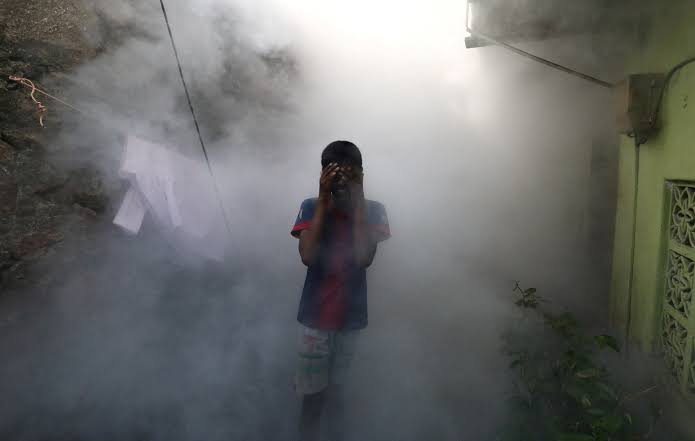The World Health Organization (WHO) has issued a global alert as dengue fever cases continue to surge in various parts of the world, particularly in Asia, South America, and parts of Africa. Experts say the spread is linked to increasing temperatures and changing rainfall patterns caused by climate change.
In 2024 alone, over 4.5 million dengue cases have been reported globally, with Brazil and Bangladesh being among the hardest hit. Hospitals in affected countries are struggling with patient overflow as severe cases increase.
In 2024 alone, over 4.5 million dengue cases have been reported globally, with Brazil and Bangladesh being among the hardest hit. Hospitals in affected countries are struggling with patient overflow as severe cases increase.
“Climate change is expanding the habitat of the Aedes mosquito, the primary carrier of dengue,” said Dr. Maria Van Kerkhove, an infectious disease expert at the WHO. “We are seeing cases in areas that previously never experienced outbreaks.”
The WHO is urging governments to invest in mosquito control, public education, and early detection efforts. Vaccine development is underway, but access remains limited in many regions.
Individuals are advised to use insect repellent, sleep under mosquito nets, and eliminate standing water in and around their homes.


















Samuel Boafoh
invest
IDDRISU ABDUL WARIS
Yu
Keydonn
Hmmm
Fausta
Climate change
Samforex
Good
Amanda Ariella
Save the planet
Suhuyini
Very sad
Walker
Nice